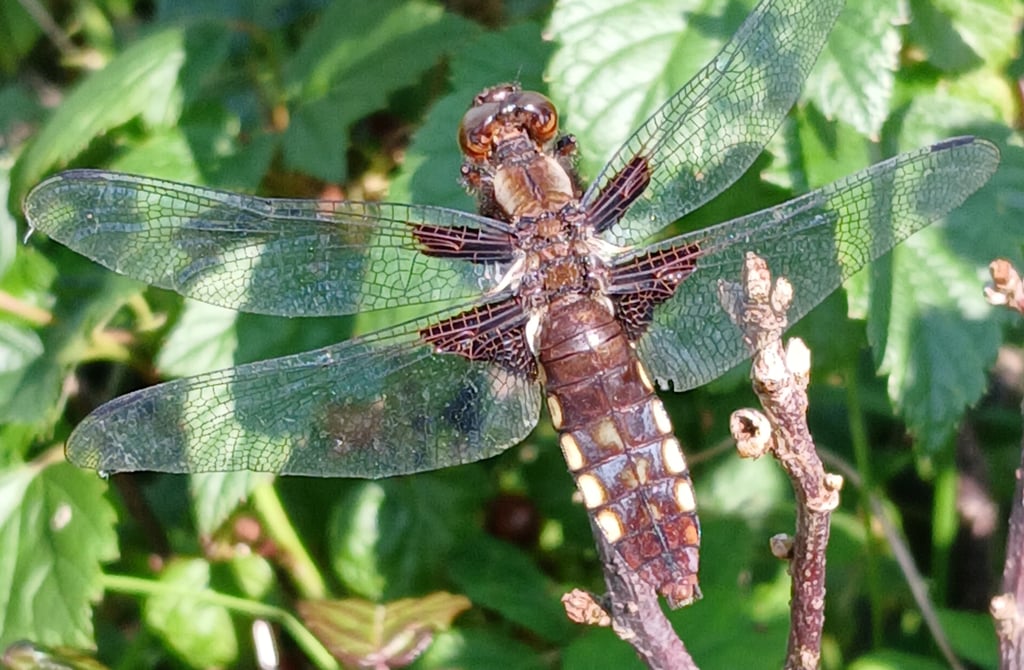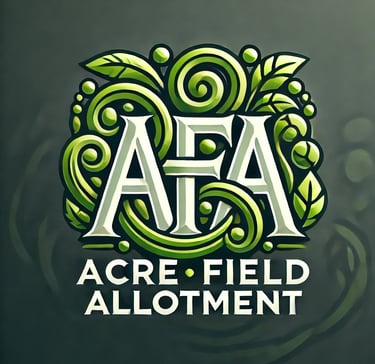The Benefits of Dragonflies on Allotments
When we think about wildlife that helps in the garden or on the allotment, bees, ladybirds, and hedgehogs usually come to mind. But one often-overlooked ally is the dragonfly – a stunning, fast-flying insect that brings both beauty and benefits to our plots. Natural Pest Control Dragonflies are natural hunters. Both as adults and in their aquatic larval stage, they consume huge numbers of insects. On the allotment, this means fewer aphids, midges, mosquitoes, and small flies – all of which can be a nuisance or cause damage to crops. Instead of reaching for chemical sprays, you can rely on these aerial acrobats to help keep pest populations in check. A Sign of a Healthy Environment The presence of dragonflies is often a good indicator of biodiversity. They thrive where there is clean water and a mix of habitats, so spotting them on your allotment usually means your plot – and the wider site – is supporting a healthy ecosystem. Indirect Pollinator Support Although dragonflies don’t pollinate crops themselves, they help pollinators in an indirect way. By eating insects that can compete with or even attack pollinators, dragonflies create a safer environment for bees, butterflies, and hoverflies – the true heroes of pollination. Attracting More Wildlife Encouraging dragonflies often means providing the right conditions, such as a pond or a water butt with aquatic plants. These habitats don’t just benefit dragonflies – they also attract frogs, newts, and beneficial insects. In turn, your allotment becomes a richer, more vibrant space full of life. Beauty and Calm Finally, there’s no denying the simple joy of watching dragonflies dart and shimmer in the sunlight. With their iridescent colours and incredible flight skills, they add a touch of magic to summer days on the allotment, making your gardening experience even more rewarding. 🌱 In short: Dragonflies are not only beautiful but also powerful allies in keeping pests under control, supporting biodiversity, and enriching your allotment with wildlife. By welcoming them, you’re taking another step towards a more sustainable, nature-friendly way of gardening.
AS
8/19/20251 min read


Community
Join us to grow fruits, vegetables and more together.
Acre Field (Mumbles) Allotment Ltd
Registered as a Co-operative Ltd company with the FCA No.4683
Contact
© 2025 Acre Field Allotments
or through our contact form.


